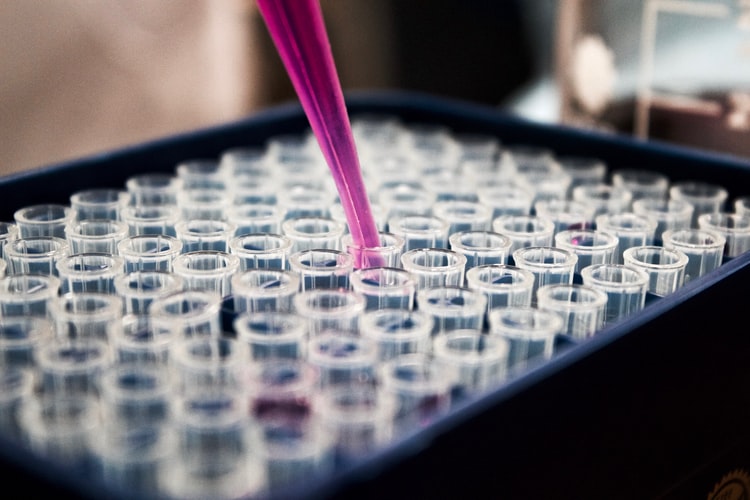
Thai scientists develop robotic arm to draw more AstraZeneca vaccine doses
Bangkok: As Thailand fights its worst-ever Covid-19 outbreak, the scientists in the country have developed a robotic arm that can optimise the use of the coronavirus vaccines, enabling more efficient use of the doses.
The robotic arm - the "AutoVacc" system - can draw 12 doses of the AstraZeneca vaccine in four minutes from a vial, according to researchers at Chulalongkorn University, who made the machine, reported Reuters.
It has been deployed in the university's vaccination centre since Monday.
With the new machine, there is a 20 per cent increase as only 10 doses can be drawn manually, the report said.
Currently, the robotic arm works only for AstraZeneca multi-dose vials which show each vial contains 10 to 11 doses.
"The machine guarantees with accuracy that we can gain an extra 20% from each vaccine vial - from 10 to 12 doses," said Juthamas Ratanavaraporn, the lead researcher of the team at the university's Biomedical Engineering Research Center, according to Reuters.
"The extra 20% that we get means that if we have AstraZeneca for 1 million people, this machine can increase the number of doses to 1.2 million people," said Juthamas.
It is possible to draw 12 doses by using low dead space syringes (LDSS), but it requires a high level of skill, energy, and time.
"This could drain a lot of the health workers' energy. They would have to do this every day for many months," Juthamas was further quoted as saying by Reuters.
Until now, Thailand has fully vaccinated 9 per cent of its more than 66 million population because of lower than expected vaccine supplies.
The country saw a steep rise in coronavirus cases and deaths as more virulent variants like Delta caused the disease to spread faster, ramping up pressure on the authorities to increase the pace of vaccination.
Researchers have said they will be able to make 20 more AutoVacc units within three or four months but government funding will be required to manufacture more arms for the rest of the country, said the report.
The prototype machine costs 2.5 million baht ($76,243), including other materials like syringes, said Juthamas.
The researchers are also planning to make similar machines to use with the Pfizer-BioNTech and Moderna vaccines, she added.
They are open to export opportunities in the future, she said.
Thailand has reported around 1.1 million Covid-19 infections and 10,085 deaths in total, overwhelming parts of the health system.
Support Our Journalism
We cannot do without you.. your contribution supports unbiased journalism
IBNS is not driven by any ism- not wokeism, not racism, not skewed secularism, not hyper right-wing or left liberal ideals, nor by any hardline religious beliefs or hyper nationalism. We want to serve you good old objective news, as they are. We do not judge or preach. We let people decide for themselves. We only try to present factual and well-sourced news.







